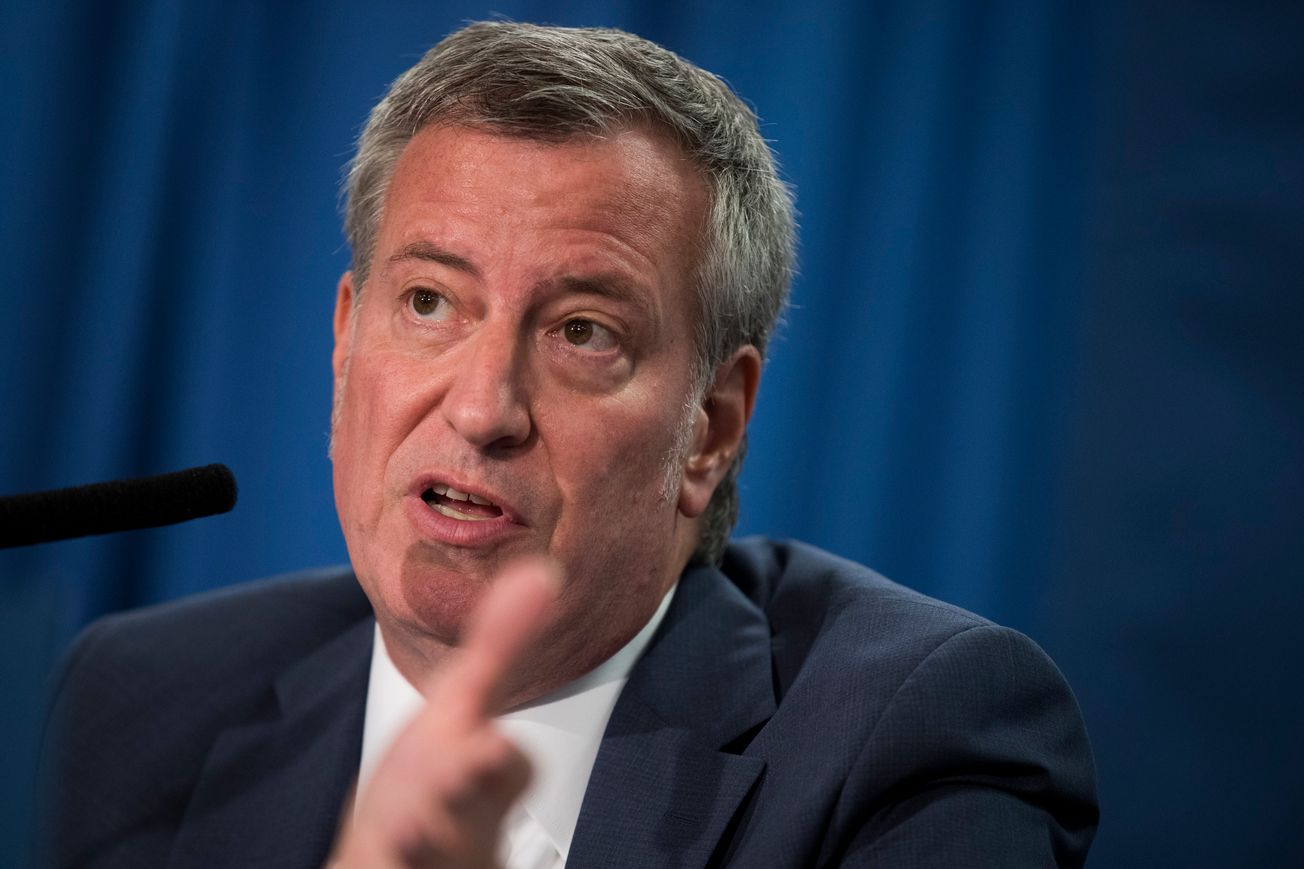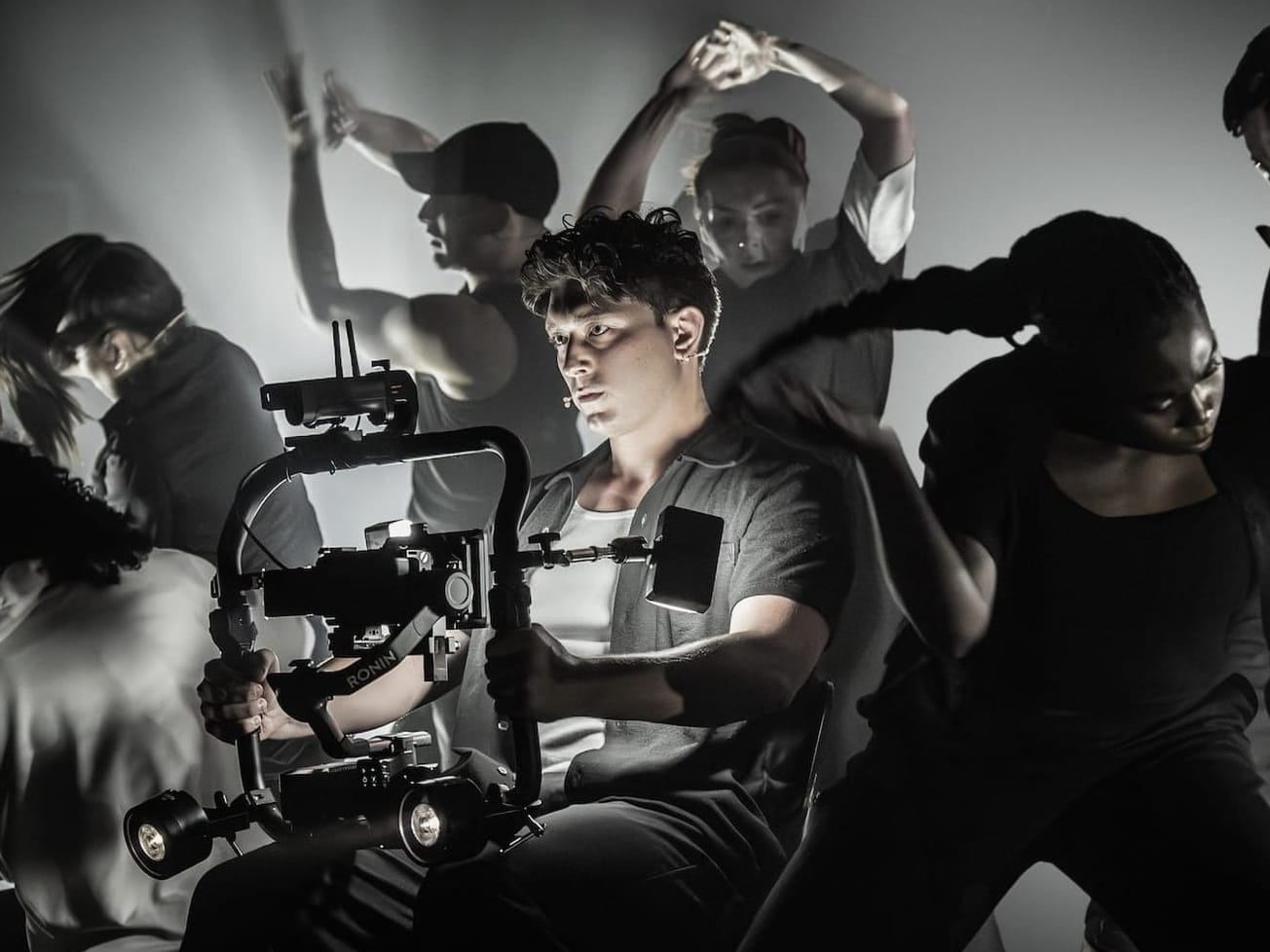The Broadway League is hosting its first training on sexual harassment later this month, ahead of New York city and state legislation that will require producers and other employers to enact training and policies on the issue.
The League’s executive committee has a task force on sexual harassment, which has been working to set up training for its members since last fall. Under city law, most employers, including producers, will be required to provide training to their own employees starting next April, and give out more information on reporting and preventing sexual harassment starting this September.
The League’s training, which is “specifically related to and focused upon employer responsibilities,” was developed in partnership with The Actors Fund, and will be offered to full and associate members on June 27.
“We want to have a safe and comfortable environment free from any form of harassment for all of Broadway and it is in this spirit that we provide this training,” an email sent by the League to its members reads.
Employer responsibilities around sexual harassment will increase in the next year. In May, Mayor Bill de Blasio signed legislation that will require New York City employers of 15 or more to conduct annual trainings on sexual harassment, starting April 1, 2019.
This training requirement will apply to producers, with the actors and others they directly employ on shows, and within their own offices if they have more than 15 employees, as well as theater owners. Employers will be required to provide training to employees who work 80 or more hours per year on a full or part-time basis in New York City and within 90 days of initial hire.
The training “must be interactive or participatory,” according to law, and the New York City Commission on Human Rights has been tasked with creating an online interactive training module.
Before that deadline, employers will be required to put up a city-designed poster in early September, which gives information on combating sexual harassment in the workplace, and to distribute an information sheet to each new hire.
Statewide, the New York Labor Department of Labor is requiring all employers to adopt its model sexual harassment policy, or develop their own, in addition to beginning an annual training cycle. That law takes effect starting Oct. 9, 2018.
As the legislation was newly signed, and as parts of the state and city requirements overlap, workplaces are still in the early stage of implementing procedures. However, Richard Block, a member of law firm Mintz, Levin, Cohn, Ferris, Glovsky and Popeo, said it’s an issue he expects to come up more throughout the year.
“It’s all new, and I think that they will be talking about it,” Block said.
Leading up to this, other Broadway and off-Broadway organizations have been holding training sessions and creating policies of their own.
Last year, The Actors Fund helped the Actors’ Equity Association set up a training model for its business representatives. In March, Equity formed their own task force aimed at preventing sexual harassment in the theater community.
In January, the Off-Broadway League formed a task force on sexual harassment and has been working to adopt an anti-harassment policy and code of conduct for its members, in addition to planned training in the coming months.
Outside of union-specific efforts, actor Marin Ireland teamed up with lawyer Norman Siegel to launch a pilot mediation program in December.
The mediation, which is meant for anyone in the theater community regardless of union affiliation and in situations where formal complaints may not be appropriate, has not performed any sessions thus far, but has received inquiries, Siegel said.


























































